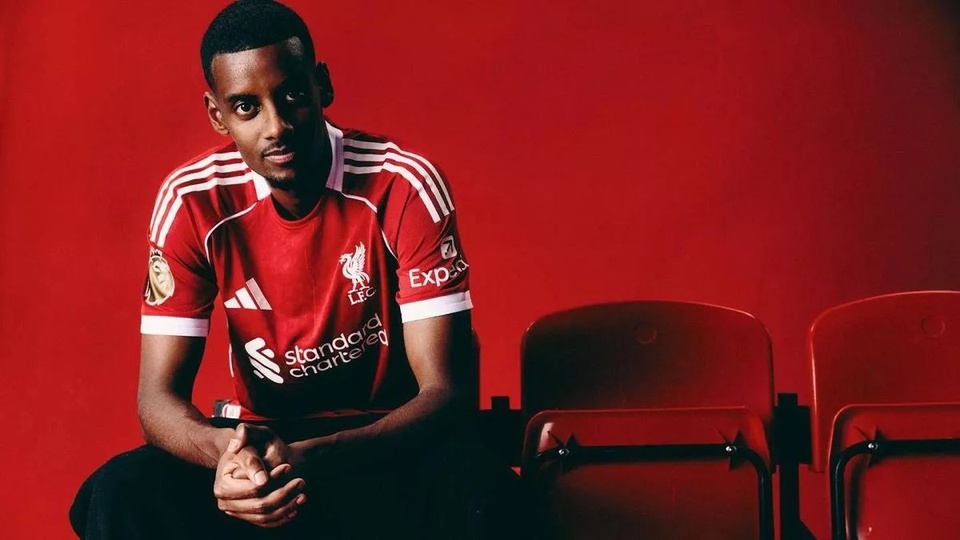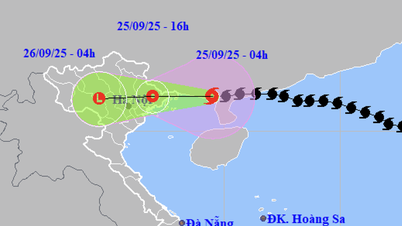 |
Isak is Liverpool's blockbuster in the summer transfer window 2025. |
Liverpool shook up the market by spending 150 million euros on Alexander Isak and another 120 million euros on Florian Wirtz. But behind the glitter of the record figures lies a harsh truth: English football is shaking to its core.
According to the latest report by the Fair Game organization, more than half of the clubs in the four professional divisions of England are technically insolvent. Only one in five clubs are able to balance their income and expenditure, and only 11 of the 94 clubs have enough money to pay their players for three months. More worryingly, 43 clubs have less than a month's cash in the bank to survive.
This situation exposes a bitter contradiction: while the transfer market has witnessed billion-euro explosions, inside the system, many teams are rotting due to financial carelessness and poor management. Bury - a club that disappeared in 2020 and had to be re-established, or Sheffield Wednesday - a club that has just been in trouble because it cannot pay wages and has difficulty finding a new owner - are just typical examples.
It is no coincidence that the British government decided to set up an independent regulator, the IFR, to monitor club finances. However, the report shows an alarming situation: of the 20 Premier League teams, only Brighton & Hove Albion meet the minimum standards.
In the lower divisions, only Cambridge United, Carlisle United and Wimbledon are on the “safe list”. Even if you include the semi-professional leagues, Bath City – a small club – are the only team that meets all the IFR requirements.
Niall Couper, Fair Game chief executive, said bluntly: “If anyone had any doubts about the need for a regulator, today’s report has answered them. Financial recklessness is widespread, good governance is rare, and ethical issues are largely absent from club boardrooms.”
 |
Florian Wirtz is also an expensive new recruit of Liverpool. |
The IFR is due to be established by the end of this year, with the UK government seeing it as the next step in a “long journey towards transparency” that began after the Super League shock and a series of financial crises that threatened to wipe out many clubs.
The body will have the power to impose mandatory legal tests on owners, issue new standards for fan participation in club governance, protect assets by law, and notably ban teams from joining “closed leagues” such as the Super League.
English football may still be the centre of the global player market, where records are broken every summer. But behind the scenes, more than half of clubs are living on short-term gas. The big question is: without tightening the system, will the Premier League and English football as a whole still be able to withstand the financial storm that is coming?
Source: https://znews.vn/hon-nua-clb-anh-chay-tui-post1584611.html



![[Photo] Closing of the 1st Congress of Party Delegates of Central Party Agencies](https://vphoto.vietnam.vn/thumb/1200x675/vietnam/resource/IMAGE/2025/9/24/b419f67738854f85bad6dbefa40f3040)























![[Photo] Editor-in-Chief of Nhan Dan Newspaper Le Quoc Minh received the working delegation of Pasaxon Newspaper](https://vphoto.vietnam.vn/thumb/1200x675/vietnam/resource/IMAGE/2025/9/23/da79369d8d2849318c3fe8e792f4ce16)


































































Comment (0)